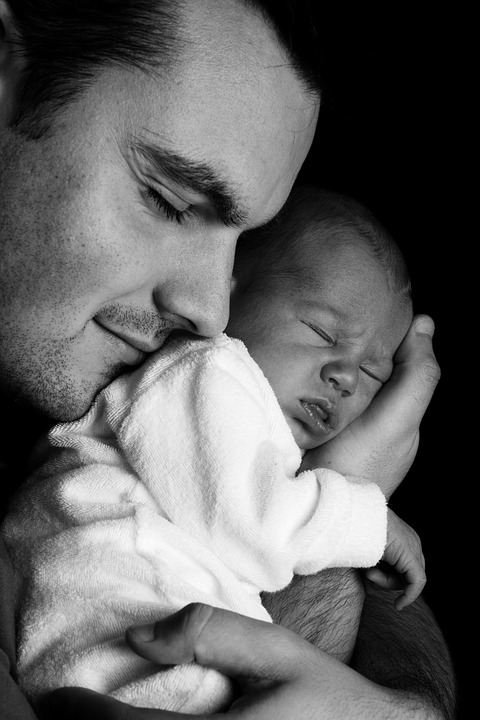Circumcision basically refers to the surgical removing of the skin covering the head and penis.
The medical procedure is relatively widespread for newborn males in some parts of the west,
including the United States. The procedure is usually performed on the infant male within the first
few days of life. However, it may also be performed on older boys. In many cases, the doctor
performing the operation doesn’t know exactly when the baby will be ready for it. There are
advantages and drawbacks to both procedures. You should be aware of the pros and cons to
circumcising your baby.
There are three main types of circumcision. The adult, newborn, and pediatric are the most
common. To prevent infection later, newborns are circumcised. The Latin word for “foreskin”,
meaning “guard”, is the name of this procedure. Many people find the idea that their child would
be touched there by a doctor with a scalpel repulsive. However, the American Medical
Association declared that newborn males can be allowed to have this procedure without any risk
to his health.
It has been reported that circumcision makes male children happier because they are not at risk
of contracting strep and genital warfare, or having their skin torn open. There are also health
benefits to circumcision. Circumcision can reduce the chance of developing penis cancer in later
life by approximately 50%. Also, there are fewer cases of testes, prostate, scrotum infections in
men who circumcise. Also, circumcision may lead to less painful erections for older men and
delay in the onset prostate cancer and other related diseases.
There are two types: the routine procedure, which can be done in a hospital by a doctor, and the
more specialized “specialized” which is performed by a specialist. Routine circumcision is
recommended to all newborn males. It is usually performed in the pediatrician’s office. This
procedure involves using a retractor that is similar to a bandage to wrap around the penis in
order to trap the hemorrhage and draw the foreskin back gradually. This procedure is painless
and does not require medication. If the parents decide to have the procedure in a hospital for
their baby, they should speak with their doctor.
The American Academy of Pediatrics recommended routine circumcision for all infants, toddlers,
and children up to the age of 1 year. However, the academy recognizes that there are risks of
infection such as penile ulcers and HIV. They have also taken the time to note that most men
who experience complications from this surgery do not develop a full-blown illness and that the
majority of infections are actually of a non-serious nature.

According to the American Academy of Pediatrics (AAP), parents should not assume any
foreskin injuries will occur during circumcision. Parents should also not allow unsupervised male
friends or family members to assist with the procedure. The academy recommends that you only
use sterile equipment for this procedure. This includes any petroleum jelly or ointments you use
during the procedure. Your physician may tell you to stay away from petroleum jelly as it can
further irritate your foreskin. Petroleum jelly can cause skin irritation in certain cases.
Despite the potential risks, the American Academy of Pediatrics recognizes the health benefits
of circumcision. Circumcision is a safe and effective way to prevent the spread of genital
warfare. It also prevents the growth of keratosis pelaris, which results is the formation of tiny
bumps on top of the genitals. It can cause embarrassment for the child and stress, but it is not
difficult to see the scarring if the parents decide to circumcise their child. The overall health of a
circumcised baby is also improved by a stronger immune system, better hygiene and a lower risk
of getting urinary tract infections.
Circumcision does have its drawbacks. Some parents are concerned about the discomfort it
causes, especially for babies with sensitive skin. Some parents may feel uncomfortable having
their newborn circumcised. Others may not like the idea. No matter your beliefs, a newborn
circumcised can provide unquestionable health benefits